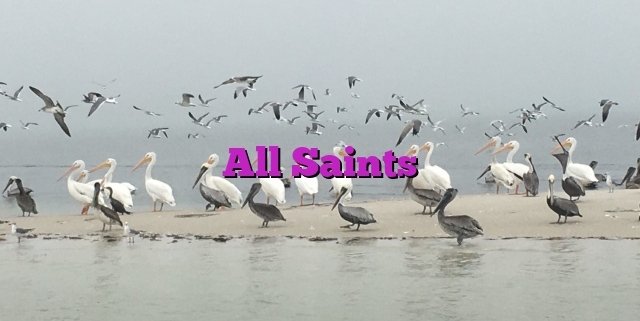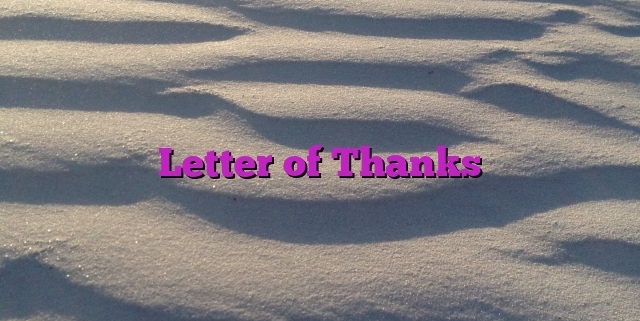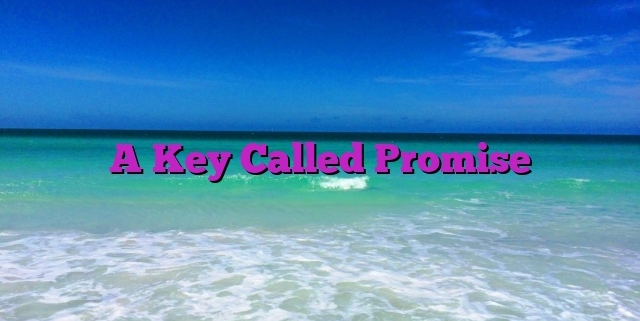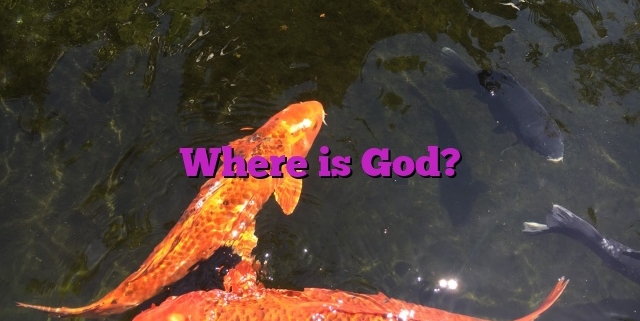All Saints
Today is All Saint’s Day. It is a day we remember that we are a part of a much larger family – a family that is often referred to as the “Communion of Saints”. This is a family that not only stretches around the globe here and now today, but also a family that includes people of every time and place who have placed their faith in Christ.
In our church on the first Sunday of November, we read the names of those who died in the Lord over the past year. After each name is read, a bell is sounded. I call to mind each person in the few seconds of silence following the bell. I sense their presence still with us.
This past year, one of our elders reminded me that the “Common of Saints” includes not only those who have come before us but also those who will come long after us. I’m reminded of the words from the book of Hebrews 12:1:
“Therefore, since we are surrounded by so great a cloud of witnesses… let us run with perseverance the race that is set before us, looking to Jesus…”
Our prayer today was written by Rev. George MacLeod who was the heart and mind behind the renewal and rebuilding of the Abbey on the holy island of Iona. Let us pray:
Be thou, triune God, in the midst of us as we give thanks for those who have gone from the sight of earthly eyes. They, in thy nearer presence, still worship with us in the mystery of the one family in heaven and on earth… If it be thy holy will, tell them how we love them, and how we miss them, and how we long to be with them again. Strengthen us to go on in loving service of all thy children. Thus shall we have communion with thee and, in thee, with those who have gone before us. Thus shall we come to know within ourselves that there is no death and that only a veil divides, thin as gossamer. Amen.












